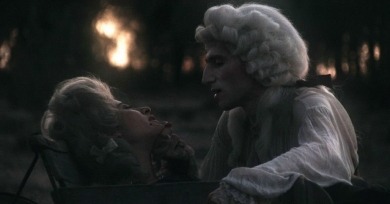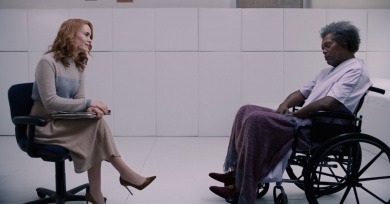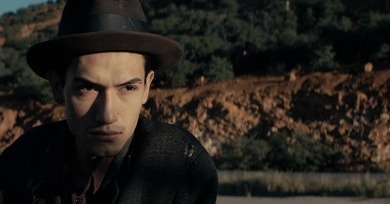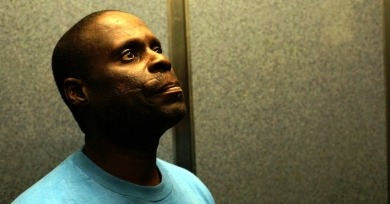Josh Cabrita
Two women try to make philosophical and moral sense of the increasingly confusing world in which they live in this week's pair of films, which speak across centuries and countries.
Lest his film be charged with trafficking in the same philistine stuff as pornography, Serra rarely, if ever, allows his erotica to be, well, erotic. Not as well versed in the art of the exaggerated orgasm as adult-film actors, his nonprofessionals are awkward and imprecise.
By primarily defining Glass in formal, thematic, and ethical opposition to the adaptations he believes have been widely mistaken for the pinnacle of comic book form, Shyamalan here is unable to loosely interpret and interpolate the genre as he did in Unbreakable.
Just as Kate had no access to footage of Christine Chubbuck while preparing to play her, the residents of Bisbee must invent backstories, postulate connections between their roles and themselves, and develop entirely new countenances with no objective reference points.
Gibson shows that filmmaking is an extension of a practice that is already proactive and lived. The evolving relationship between filmmaker and subject is retained implicitly in nearly every shot and interaction.




